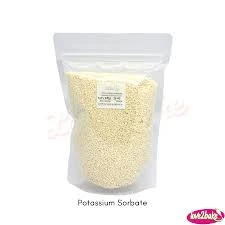1. Effective Ingredients A good expectorant should contain clinically proven ingredients like guaifenesin. Guaifenesin has been shown to increase respiratory tract secretions, making mucus easier to expel. Pharmaceutical companies also add complementary ingredients such as decongestants and antihistamines to address accompanying symptoms like nasal congestion and sneezing.







